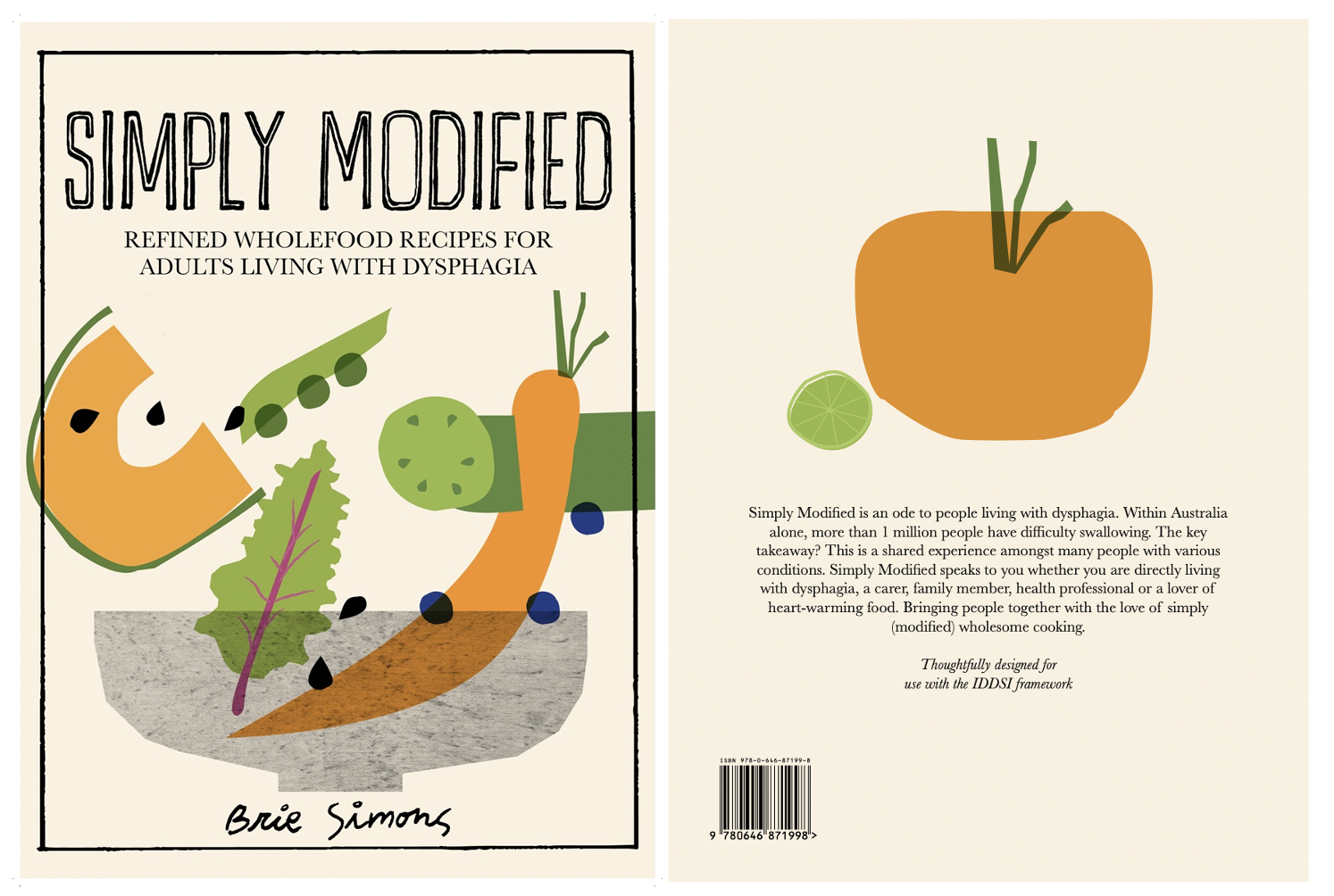Speech Pathology and Parkinson’s Disease
Parkinson's disease, a neurodegenerative disorder affecting millions worldwide, can not only impact motor functions for communication but also for swallowing. While the tremors and rigidity are commonly associated with Parkinson's, the speech and swallowing challenges often come as a surprise. Enter speech pathology – a critical field dedicated to understanding and treating communication and swallowing disorders.
A neurological condition
Parkinson's disease progressively impairs movement by disrupting the brain's ability to produce dopamine, a neurotransmitter crucial for smooth muscle coordination. This manifests in a myriad of motor symptoms such as tremors, bradykinesia (slowed movement), postural instability, dysarthria (motor speech impairment) and dysphagia (swallowing impairment).
Parkinson’s disease and dysphagia
It is said that more than 80% of people with Parkinson’s develop dysphagia during the course of their condition (Suttrup & Warnecke, 2016). Dysphagia in Parkinson’s disease varies from person to person, and can range from mild discomfort to a severe impairment.
Some characteristic of dysphagia in Parkinson’s disease (Umemoto, & Furuya, 2020):
ORAL PHASE: Frequent loss of bolus/spillage, jaw rigidity, impaired tongue movements or tongue tremor, prolonged holding of food or drink, and oral residue.
PHARYNGEAL PHASE: Delayed initiation of swallow, difficulty completing airway closure, diminished contraction and coordination of pharyngeal muscles, and pharyngeal residue.
Potential impact of dysphagia in Parkinson's disease:
Risk of nutrition deficits and dehydration due to difficulty consuming adequate amounts of nutrition or fluids,
Increased risk of discomfort, choking, or aspiration pneumonia, a serious condition that occurs when food or liquid enters the airway instead of down the oesophagus,
Complicated medication intake, which can lead to adverse effects in overall functioning,
Social isolation, and reduced enjoyment of meals with fear of choking or embarrassment.
Dysphagia management options
The good news is that effective management of dysphagia in Parkinson's disease is possible, and requires a multidisciplinary approach involving healthcare professionals, caregivers, and the individuals themselves .
Consultation with a Speech Pathologist (SP): SPs specialise in assessing and treating swallowing disorders. They conduct a thorough evaluation to determine the severity of dysphagia and develop personalised strategies to improve swallowing function in Parkinson’s disease (Kwon & Lee, 2019).
Assessment: Instrumental evaluations such as VFSS (videofluoroscopic swallowing study) and FEES (fiberoptic endoscopic evaluation of swallowing) are considered to be the gold standard for the evaluation of dysphagia. Alongside this your SP will also use a clinical swallowing evaluation (observation), and various questionnaires to understand the severity of your condition.
Modified textures: Depending on the severity of dysphagia, a modified diet could be recommended by an SP. This may include altering food textures to reduce discomfort, while making swallowing more manageable. As the nature of Parkinson’s can fluctuate day to day, having a good understanding of how to modify food textures can promote independence in managing the condition in the long-term.
Swallowing exercises & compensatory strategies: A systematic review conducted by López-Liria et al. (2020) emphasised the importance of early intervention and tailored swallowing exercises in managing dysphagia in Parkinson's disease.
Respiratory system: You may notice a change in respiratory strength and coordination. Ask your SP about incorporating some respiratory muscle strength training exercises into your sessions. Research continues to grow in this area, and shows promising results in reducing the overall severity of dysphagia and risks of aspiration (Claus, et al., 2021).
Oral care: Oral health problems, infrequent oral care practices, and dry mouth can lead to an accumulation of bacteria in the mouth. When individuals aspirate, this bacteria can be introduced into the lungs, potentially causing infection and inflammation. Stay on top of your oral health with frequent oral hygiene practice and regular dental checkups (Patel, et al., 2020).
Mealtime strategies: Simple adjustments during mealtimes can make swallowing easier and safer. This may include sitting upright while eating, reducing distractions, and chewing food thoroughly.
Assistive devices: In some cases, assistive devices such as special cups or utensils may be helpful in facilitating safe swallowing.
World Parkinson’s Awareness Month - April
April marks World Parkinson’s Awareness Month, when the world comes together to shine a light on Parkinson’s and support people living with this condition.
I will be attending Parkinson’s QLD Laps for Parkinson’s on Sunday 28 April 2024, and answering any questions about Speech Pathology, dysphagia, and all things Simply Modified! All tickets sold contribute to help make a positive impact for individuals and families affected by Parkinson's.
For more information visit:
Parkinson’s QLD - https://parkinsonsqld.org.au/
Parkinson’s NSW - https://www.parkinsonsnsw.org.au/
Parkinson’s WA - https://www.parkinsonswa.org.au/
Shake It Up Australia - https://shakeitup.org.au/
Hospital Research Foundation Group for Parkinson’s - https://fightingparkinsons.org.au/
For more handy hints, grab a copy of the Simply Modified cookbook which is now available as an eBook and hardcover.
Happy cooking!
Written by Brie Simons
Speech Pathologist
SIMPLY MODIFIED COOKING
Purchase a copy of Simply Modified.
Written by Speech Pathologist Brie Simons. Including over 50 delicious recipes, with instructions to simply modify meals, making them easy to chew, soft and bite sized, minced and moist, or pureed.
It’s time to fall in love with food all over again…
References:
Claus, I., Muhle, P., Czechowski, J., Ahring, S., Labeit, B., Suntrup‐Krueger, S., ... & Warnecke, T. (2021). Expiratory muscle strength training for therapy of pharyngeal dysphagia in Parkinson's disease. Movement Disorders, 36(8), 1815-1824.
Kwon, M., & Lee, J. H. (2019). Oro-Pharyngeal Dysphagia in Parkinson's Disease and Related Movement Disorders. Journal of movement disorders, 12(3), 152–160. https://doi.org/10.14802/jmd.19048
López-Liria, R., Parra-Egeda, J., Vega-Ramírez, F. A., Aguilar-Parra, J. M., Trigueros-Ramos, R., Morales-Gázquez, M. J., & Rocamora-Pérez, P. (2020). Treatment of Dysphagia in Parkinson's Disease: A Systematic Review. International journal of environmental research and public health, 17(11), 4104. https://doi.org/10.3390/ijerph17114104
Patel, B., Legacy, J., Hegland, K. W., Okun, M. S., & Herndon, N. E. (2020). A comprehensive review of the diagnosis and treatment of Parkinson's disease dysphagia and aspiration. Expert review of gastroenterology & hepatology, 14(6), 411–424. https://doi.org/10.1080/17474124.2020.1769475
Suttrup, I., & Warnecke, T. (2016). Dysphagie im Verlauf der Parkinson-Krankheit: Pathophysiologie, Diagnostik und Therapie [Dysphagia in Parkinson's Disease: Pathophysiology, Diagnosis and Therapy]. Fortschritte der Neurologie-Psychiatrie, 84 Suppl 1, S18–S23. https://doi.org/10.1055/s-0042-107245
Umemoto, G., & Furuya, H. (2020). Management of Dysphagia in Patients with Parkinson's Disease and Related Disorders. Internal medicine (Tokyo, Japan), 59(1), 7–14. https://doi.org/10.2169/internalmedicine.2373-18


